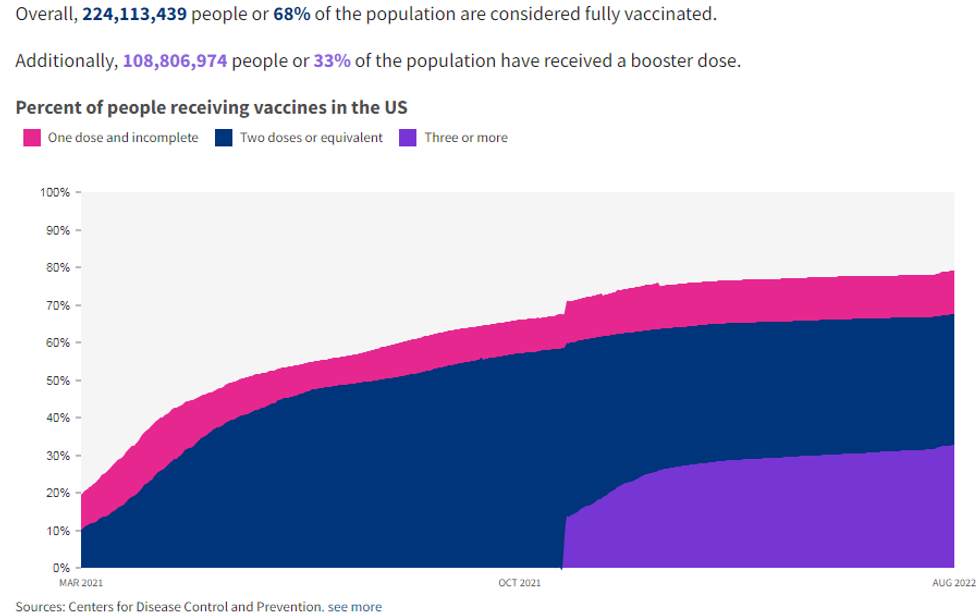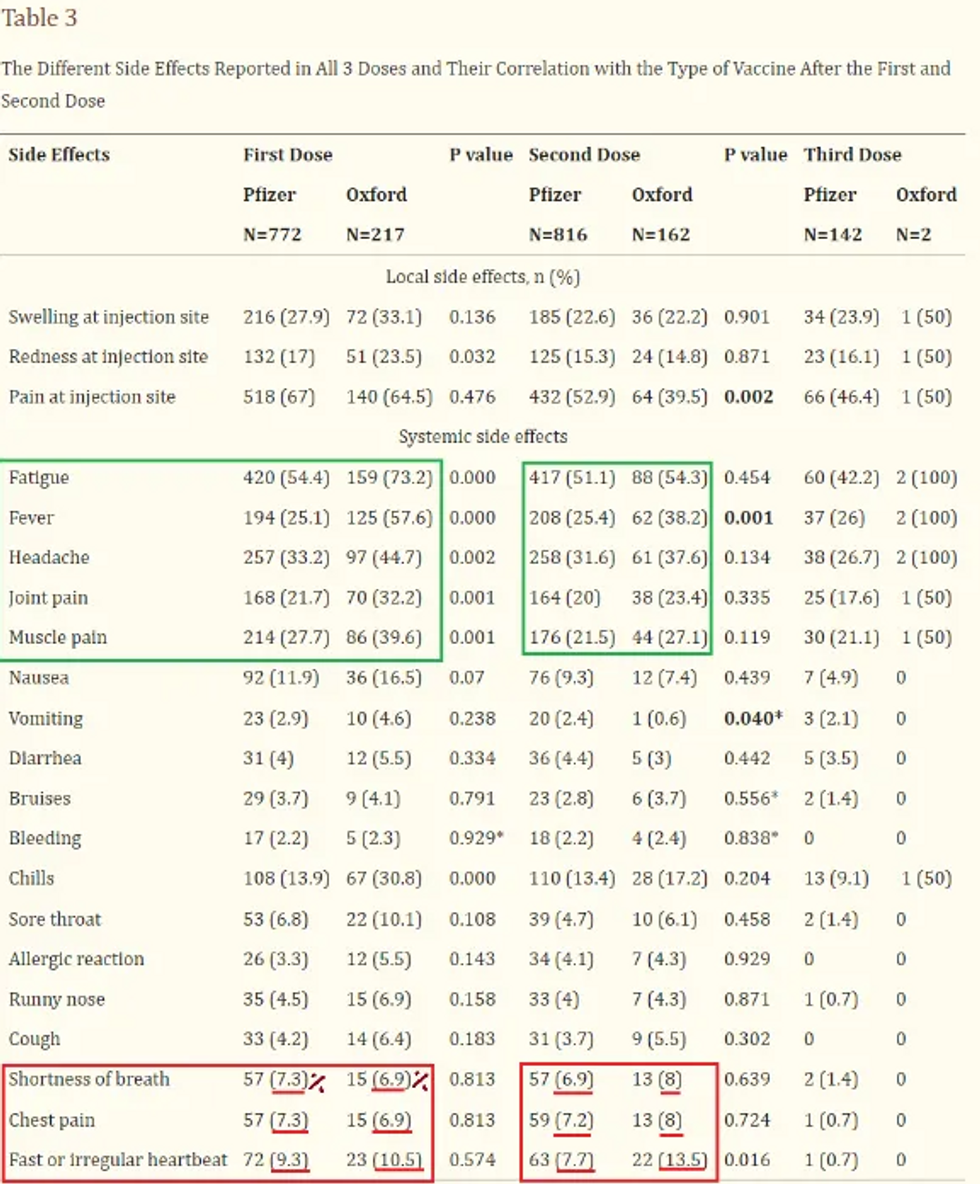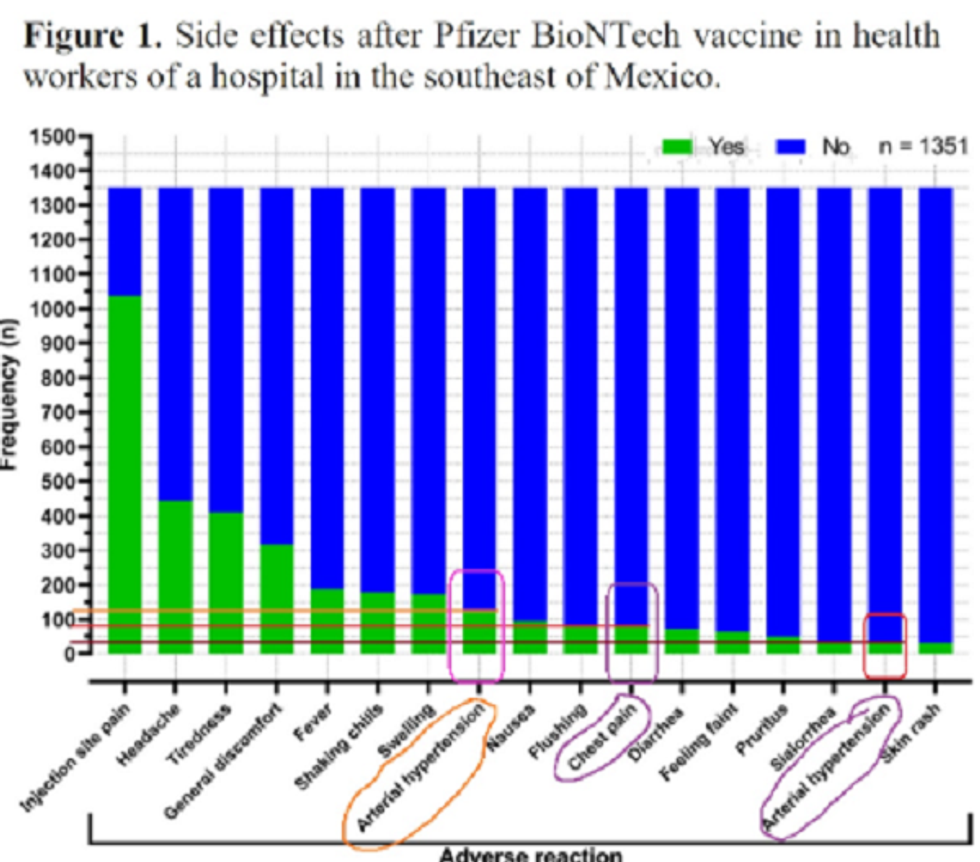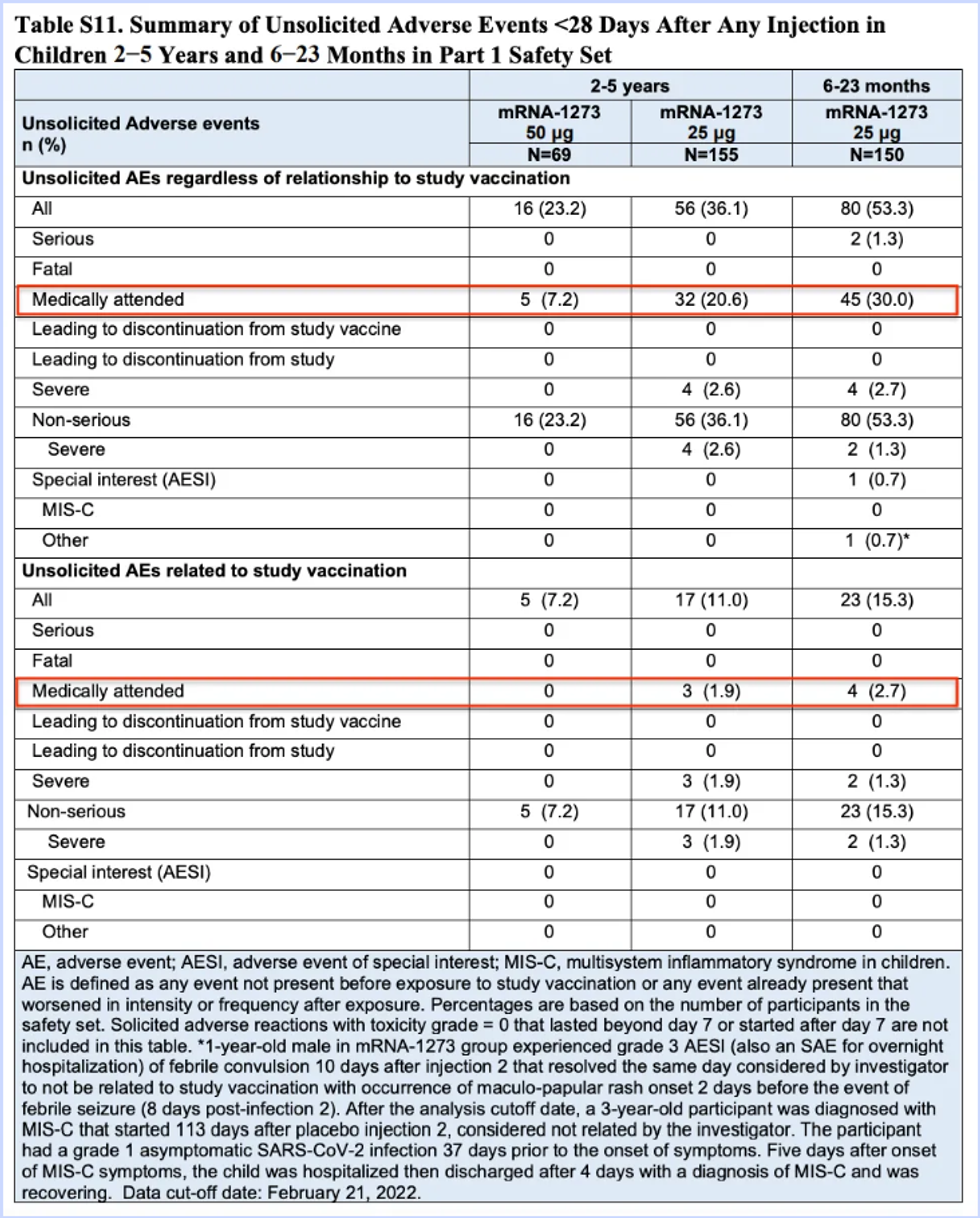Horowitz: Numerous surveys and data points show an unimaginable level of vaccine injury
Market forces of supply, demand, quality, and price never played a role in the consumer decision to get the COVID shots. After all, even where they weren’t downright mandated upon the people, they were funded, distributed, and essentially coerced upon individuals by every lever of power imaginable. But what about the sentiments after the fact? Was there buyer’s remorse? A new online poll from a large Aussie news publication might shed some light on a massive percentage of jabbed individuals regretting their decision, a finding that coincides with much of the data showing a large number of people experienced unnerving side effects.
News.com.au solicited the public to answer a survey about their vaccine experience. Out of the 45,000 respondents, roughly 67% said they were vaccinated. Obviously, this is an oversampling of the unvaccinated relative to the broader Aussie population, and like with any online poll, the results are not scientific, but the shocking results among those who did get the vaccine are worthy of attention: 12,600 of the vaccinated, or 44%, say they regret getting the shots. At the same time, not a single individual who didn’t get the shots regrets not getting the jabs!
It’s logical that unvaccinated people would disproportionately answer the survey, but to have nearly half of those vaccinated say they regret it – juxtaposed to zero unvaccinated regretting their decision – is remarkable. Why would so many people regret getting the shots? It could be many realized they didn’t work and got COVID anyway. But still, why regret something that did no harm nor any good? Clearly, the universe of people who experienced at least an unpleasant response (more than just a sore arm), if not a downright injury, is larger than we could have imagined.
An interesting data point I’ve been tracking for nearly two years is the number of people in the U.S. who have only gotten one dose of the shot. That number has held steady at 38 million for quite a while, and the gap has never closed, even as the vaccination rate has slowed to a trickle.
Thus, one cannot assert that these are individuals still going through the full vaccination process, because that gap would have been erased by now, as few people who didn’t want to get the shots before (especially the original set) or who weren’t coerced to get it suddenly want to or are being mandated to. Why would anyone get just one shot? Anyone mandated to get them must get both.
While it is true that some people got the J&J shot, which has only one dose, that only accounts for about 17 million people. People stopped getting J&J months ago, yet the gap between one and two doses has not closed. Moreover, a goodly number of those individuals seem to have subsequently gotten at least one Pfizer or Moderna booster, per CDC guidelines for those who originally got the J&J. Thus, there are clearly tens of millions of people who got one dose with no plans to get a second dose of any kind. It’s hard to ascertain another likely reason beyond the fact that those people likely experienced illness or injury after those shots.
Aside from the likely 1%-2% who either died or experienced life-threatening injuries, the CDC’s V-Link data and numerous surveys indicate an even larger fraction experienced clinical-level injuries or scary adverse events that would likely dissuade people from getting another dose or make them regret having gotten the shots. This Saudi survey showing 7%-13% (depending on the type of shot and number of doses) experiencing chest pain, shortness of breath, or irregular heartbeat – aside from the massive percentage experiencing flu-like symptoms) could definitely account for the high number of those reporting regretting getting the shot or perhaps not opting for the second dose.
A recent survey of 1,351 Mexican hospital workers who took the Pfizer shots seemed to harmonize with these numbers pretty closely:
A smaller sample-size survey of Turkish university students found ubiquitous menstrual irregularities and even 2.7% who were diagnosed with post-vaccine diabetes mellitus. This is particularly chilling in light of a recent discovery by Alex Berenson that Moderna disclosed on page 62 of its supplementary appendix to its baby shot a case of “new-onset Type 1 diabetes mellitus and diabetic ketoacidosis in a 1-year-old female reported 37 days post dose 2.” To find such an autoimmune disease in a 1-year-old is very disturbing, because it raises the question: Is the appalling degree of immediate injuries we are seeing just the tip of the iceberg, and are we about to see an explosion of long-term injuries of autoimmune disorders? What about cancers?
And speaking of the Moderna data on the baby shots that the company decided to publish four months after sticking it into the arms of babies who never needed such a shot, even if it did work … you probably didn’t see these results on the nightly news. But Dr. Jessica Rose draws our attention to this shocking data point on page 45 of the appendix:
Your eyes are not playing tricks on you: 30% of the small sample size of babies and toddlers who received the Moderna shot sought medical attention within 28 days of injection. This is all for a shot for a variant that doesn’t exist for a virus that never harmed children and with a shot that develops long-term negative efficacy and seems to erase natural immunity – all at a time when even seniors aren’t getting seriously ill from the virus and there is no emergency to pursue these dangerous experiments!
Republican governors are all agreeing not to force children to get these shots as a prerequisite to attending K-12 schools. But that is not enough. There are still mandates on universities, hospitals, other professions, and certainly law schools and medical schools, even in most red states. Health departments are still funding, distributing, and recommending these shots. In a sane world, these shots would be taken off the market forever, but we should at least demand that they be subject to free-market forces. The product must sink or swim on its own volition without any help from government in any way.


